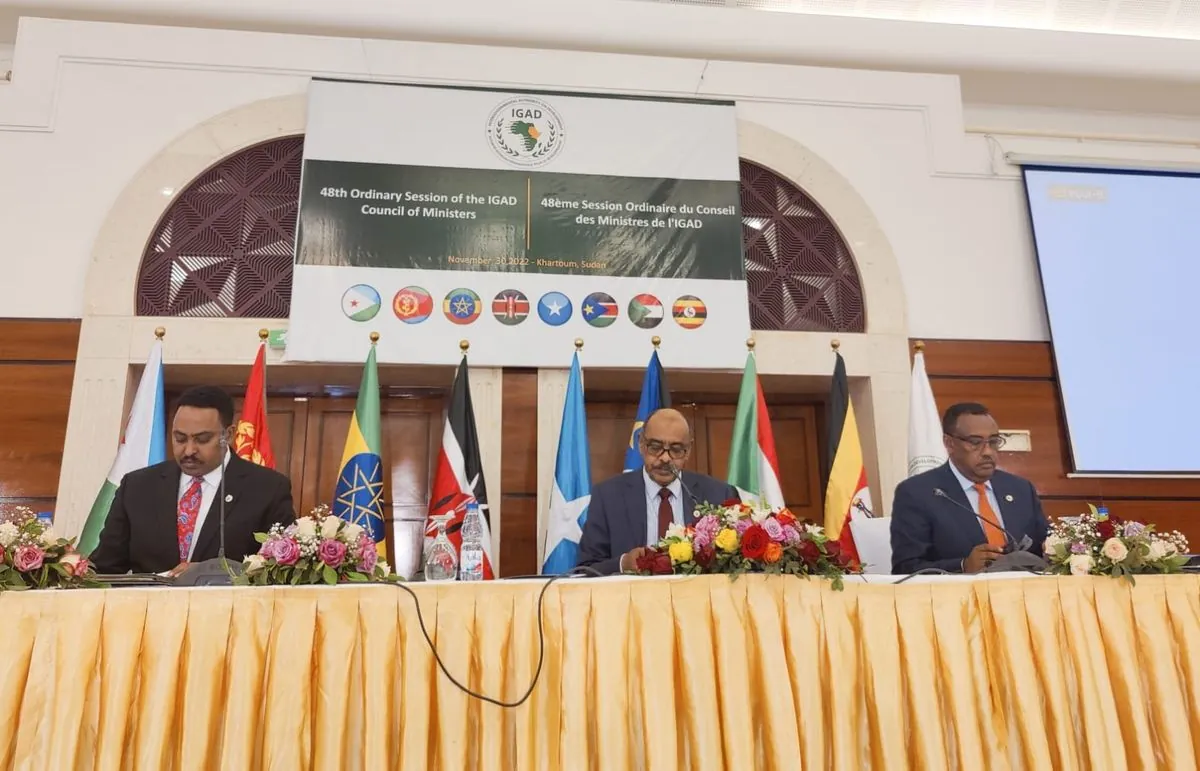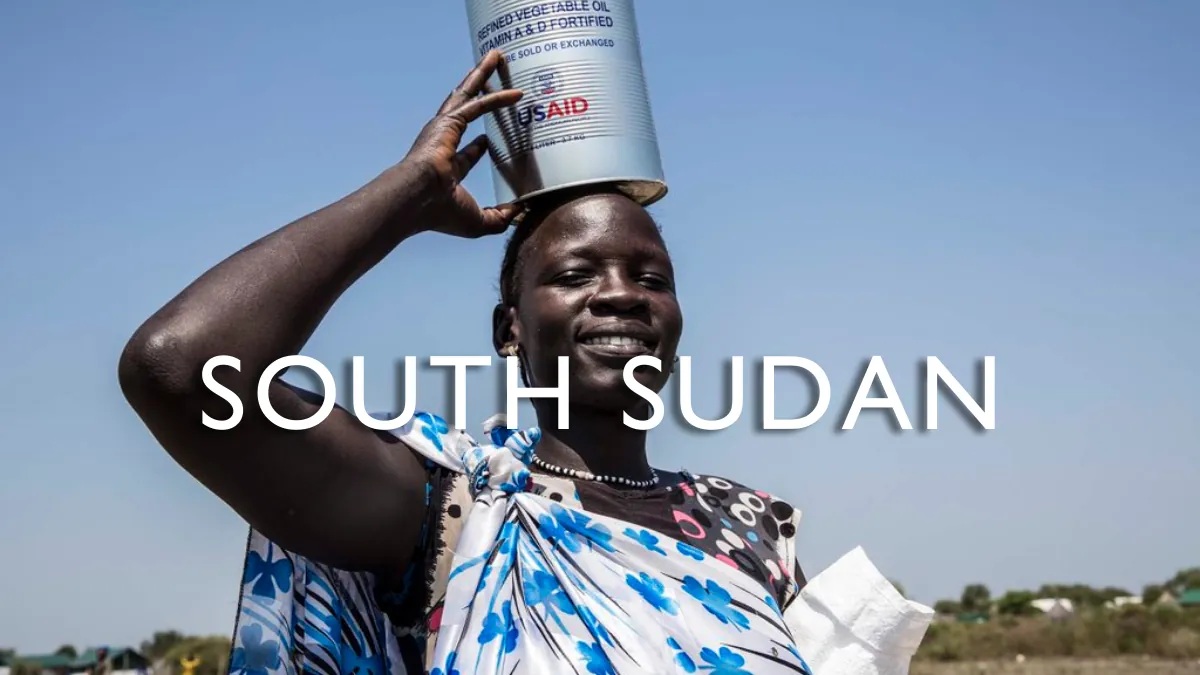South Sudan Delays National Election to 2026, Extends Transition Period
South Sudan postpones its national election to December 2026, extending the transitional government by two years. The decision highlights ongoing challenges in the country's peace process.

In a significant development for South Sudan's political landscape, the government has announced a postponement of the national election to December 2026. This decision, made by the presidency under President Salva Kiir Mayardit, extends the country's transitional period by two years.
The election, originally slated for December 2024, has been rescheduled to December 22, 2026. This adjustment underscores the ongoing challenges facing South Sudan, the world's newest country, which gained independence from Sudan in 2011.
President Kiir's office stated, "There is a need for additional time to complete essential tasks before the polls." This decision reflects the complex realities of implementing the 2018 peace agreement, which formally ended a five-year conflict that resulted in hundreds of thousands of deaths.
Despite the formal peace, South Sudan continues to grapple with frequent outbreaks of violence between rival communities. This persistent instability has contributed to the country's struggles in various sectors:
- Economic challenges
- Food insecurity
- Limited access to clean water
- High maternal mortality rates
- Low literacy rates

South Sudan's unique characteristics and challenges include:
- Over 60 indigenous ethnic groups and languages
- Significant oil reserves accounting for almost all exports
- One of the world's largest wetlands, the Sudd
- Rich biodiversity, including large mammal migrations
- A young population, with over 70% under 30 years old
The current transitional government, which includes President Kiir and First Vice President Riek Machar, will continue to lead the country during this extended period. Their respective forces were on opposing sides during the civil war that began in 2013, just two years after independence.
As South Sudan works towards stability and development, it faces numerous hurdles:
- Displacement of about 4 million people
- Heavy economic dependence on oil
- Low access to education and healthcare
- Ongoing need for humanitarian aid
The postponement of the election highlights the delicate balance between maintaining peace and advancing democratic processes in this young nation. As South Sudan navigates these challenges, the international community continues to watch and support its efforts towards lasting stability and progress.
"The presidency, under the chairmanship of President Salva Kiir Mayardit, has announced an extension of the country's transitional period by two years as well as postponing elections, which were initially scheduled for December 2024 to December 22nd, 2026."
This decision marks a crucial juncture in South Sudan's journey towards democracy and sustainable peace, as the country strives to overcome its historical challenges and build a more stable future for its diverse population.


































